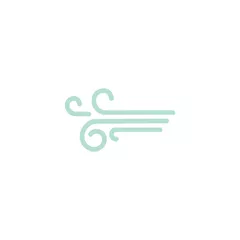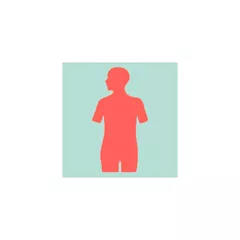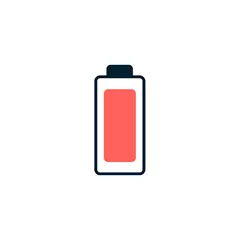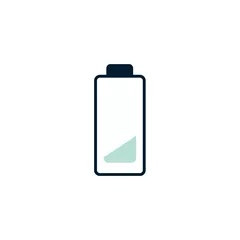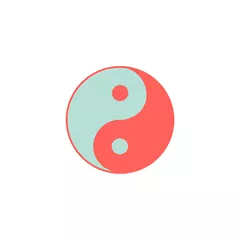The purpose of a diagnosis in Chinese Medicine is to identify the underlying "pattern of disharmony" affecting a patient's body and ultimately restore the body's harmony.
Indeed, when Western Medicine often see health issues as isolated from each other, in Chinese Medicine it's all related. The body is seen as a complex system whose balance is the key to health. Any "imbalance" or "disharmony" will cause a wide range of seemingly unrelated symptoms that tend to evolve over time.
For instance let's say that a patient goes to their Western Medicine doctor complaining about eczema and red skin eruptions. The Western Medicine doctor will see this as a skin condition and treat it as such, likely prescribing an ointment or a special soap. If the same patient goes to a Chinese Medicine practitioner they'll try to understand the underlying disharmony affecting the patient. They might interrogate the patient and discover that the eczema is paired with anxiety, insomnia, menorrhagia, mouth ulcers, a red tongue and a rapid pulse. The conclusion will then likely be that the patient suffers from Heat in the Blood, a pattern that explains all these seemingly unrelated symptoms.
Going deeper yet, the Chinese Medicine practitioner will try to understand what caused Heat in the Blood in the first place: it can for instance be due to a prolonged exposure to feelings of frustration, hatred or anger that caused Liver Qi Stagnation and ultimately worsened into Heat in the Blood. It could also be due to the patient's diet: for instance an overconsumption of hot-spicy foods or alcohol can be sources of Heat invading the body and eventually the Blood.
With this diagnosis the Chinese Medicine practitioner will be more likely to treat the patient because they'll not only aim to treat an issue affecting the patient that's broader than the mere eczema symptom but they'll also try to understand what caused this broader issue in the first place. In our example our patient might leave the practitioner's office with an appropriate herbal formula (such as Long Dan Xie Gan Tang which clears Heat created by Stagnant Liver Qi) and practical tips on how to avoid the pattern from occurring again (like dietary or a lifestyle changes).
Causes of diseases
Broadly speaking there are two causes of diseases in Chinese Medicine: Internal causes and External.
Internal causes of disease: the Seven Emotions
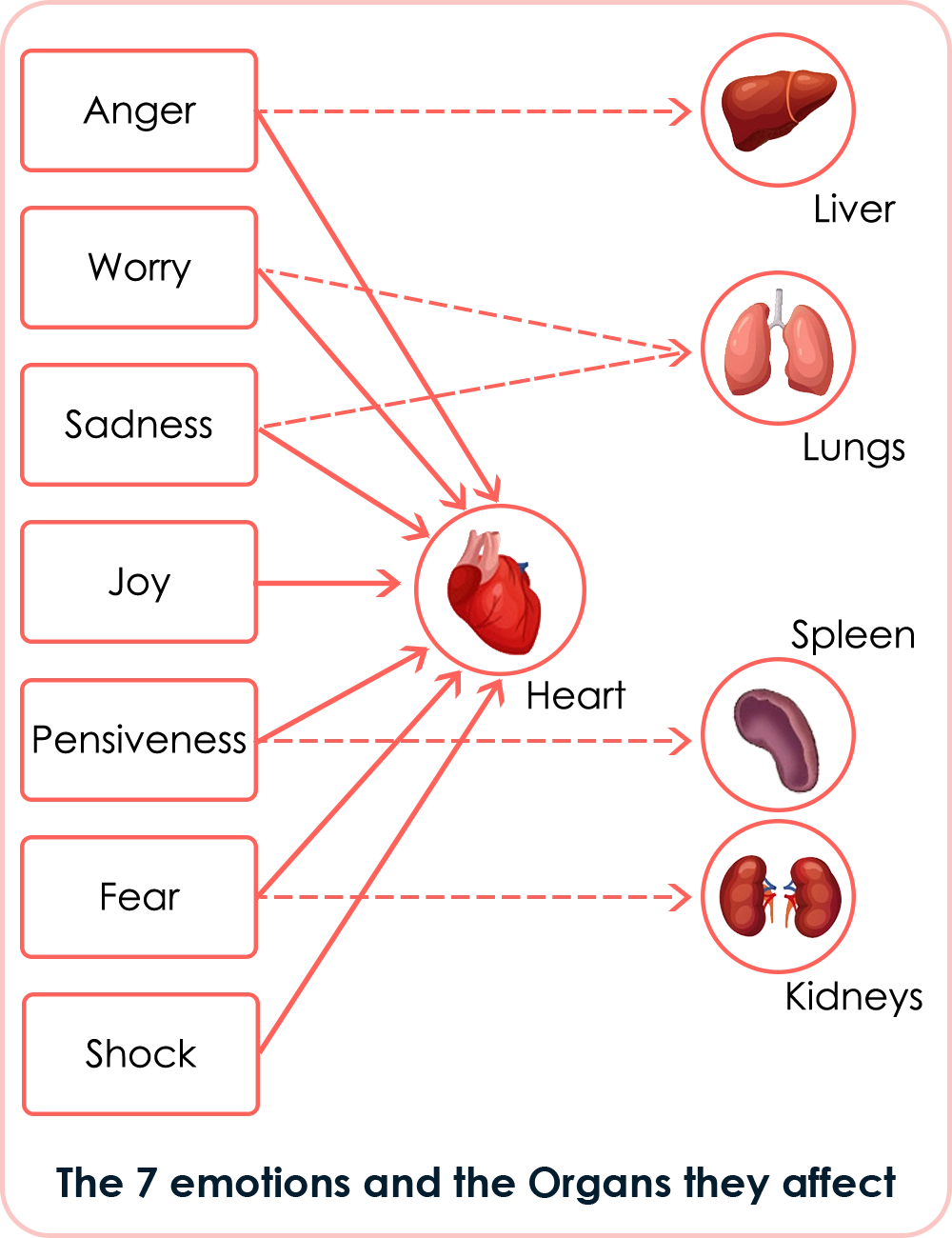
Internal causes of disease are what's commonly referred to as the "Seven Emotions". Contrary to Western Medicine where emotions lie away isolated in the brain and bear little relationship with the rest of the body, Chinese Medicine has believed for millennia that emotions are intricately linked to our physical health.
The way Emotions affect our health is by forming physical–emotional spheres of influence together with the Organs. Each of the Seven Emotions affect the Heart, and sometimes another Organ of the body.
The Emotions and Organs they impact are:
1) Joy and the Heart
2) Anger and the Liver and the Heart
3) Sadness (sometimes called Grief) and the Lungs and the Heart
4) Worry and the Lungs and the Heart
5) Pensiveness (sometimes called Anxiety) and the Spleen and the Heart
6) Fear and the Kidneys and the Heart
7) Shock and the Heart
Each Emotion is to be understood broadly. For instance Anger doesn't only refer to anger but also to feelings such resentment, irritability, frustration, rage, hatred, indignation, animosity or bitterness.
As often in Chinese Medicine the relationship between Emotions and Organs is mutual in that they can each influence each other. For instance not only can Sadness damage the Lungs, damaged Lungs can also create Sadness.
As per the Five Phases theory, the Emotions and their associated Organs can suppress or nourish each other. For instance since the Kidneys (Water) nourish the Liver (Wood) and suppress the Heart (Fire). This means that, correspondingly, Fear nourishes Anger and suppresses Joy. This is certainly true in practice!
Emotions aren't automatically causes of diseases. Chinese Medicine doesn't believe that to be healthy one has to be emotionless! Only long-term exposure to Emotions or extremely intense Emotions are seen as causes of diseases, by affecting the corresponding Organ's Qi, typically making it stagnate. For instance prolonged exposure to Anger will likely lead to Liver Qi Stagnation with symptoms like headaches, abdominal distension and pain, stifling sensation in the chest causing one to have deep sighs and, for women, abnormal vaginal discharges and irregular menstruation.
External causes of disease
There are two types of External causes of diseases in Chinese Medicine: the "Six Pernicious Influences" (also called "Six Evils") and the rest. Let's start with the latter.
Besides the Six Evils, the most important External causes of disease are diet and overwork (mental or physical). What Chinese Medicine considers a proper diet is an entire field of study in and of itself but the basic concept is that eating the wrong things (e.g. only ingredients that are Hot in nature) or eating the wrong way (e.g. always standing or on-the-go) is, in the long run, a cause of disease.
Same for overwork: someone who works excessively long hours for many years or who does excessive physical work (actual work or intense exercise) will deplete their Spleen and Liver and over time face health issues.
Excessive sexual activity (often prudely referred to as the 'affairs of the bedroom' in TCM books) is also seen as a rather important cause of disease in Chinese Medicine. It is believed to deplete Essence (Jing) from the Kidneys which causes Kidney Essence Deficiency with symptoms of premature aging (like the early graying of hair), lower back pain, a lack of energy or memory losses.
Now let's have a look at the Six Pernicious Influences as a cause of disease. You can read more details on the concept in the dedicated page or click on any of the Pernicious Influence to understand what it means and how it can cause diseases:
Diagnostic strategies
Chinese Medicine diagnosis is a science in and of itself, based on two key principles, the most important of which being "the outer reflects the inner". Indeed Chinese Medicine believes that a patient's outer appearance is full of signs of its inner disharmonies. First and foremost, diagnosis is the science of reading these signs.
The second key principle of Chinese Medicine diagnosis is "the small reflects the whole". This is why so much emphasis is put on reading a patient's pulse and looking at their tongue during a Chinese Medicine diagnosis. These small signs are believed to be an excellent reflection of the patient's inner whole.
The goal of diagnosis is double: to understand the pattern(s) of disharmony that affect the patient and, when possible, to find out what caused those patterns to occur in the first place.
Patterns of disharmony are often classified with the help of the Eight Principles theoretical framework. This framework, explained in more depth on its dedicated page, aims to classify patterns of disharmony into logical subgroups that make them easy to diagnose and treat. They are as follows (click on any principle for a detailed explanation):
Concretely practitioners rely on four methods of diagnosis: observation ("to look"), interrogation ("to ask"), palpation ("to touch") and auscultation ("to hear and smell").
Each method has its own specificities. The next four chapters explain in broad strokes what they each consist of.
Diagnosis via interrogation
Diagnosis by interrogation consists in listening to the patient describing their condition and in asking them a series of traditional questions.
In general the goal is not only to identify the specific pattern of disharmony affecting the patient but also, by asking the patient about their lifestyle, diet, work and emotions, to determine what caused the pattern in the first place.
The traditional questions asked when a patient is interrogated are:
- Whether they have any aversion to cold or if they have a fever. This is an early indication, under the Eight Principles, if we face a Hot or Cold pattern.
- Whether they sweat abnormally. This is an indication, under the Eight Principles, if the pattern is Exterior or Interior.
- Whether they suffer from pain anywhere in the body (headache, chest, abdominal, etc.). This helps determine, under the Eight Principles, if the condition is Full or Empty.
- Ascertaining whether they suffer from issues with their stools (e.g. constipation, diarrhea) or urine (e.g. painful urination, unusual color). This gives important clues as to the Full or Empty and Hot or Cold character of a pattern.
- Understanding their appetite. This helps understanding the state of the patient's Stomach and Spleen. For instance a patient who lacks appetite might suffer from a Spleen Qi Deficiency and one who is always hungry might have Heat in the Stomach.
- Asking them about their mental state. The Seven Emotions being the key Internal cause of disease and being intricately linked to Organs, this helps pinpoint both the cause of the disease and its likely location.
- Whether they have hearing or vision issues. This helps understand whether the Kidneys or the Liver might have issue since their respectively open into the ears and eyes.
- Ask them to describe their feeling of thirst. Chinese Medicine sees thirst as an important sign for some conditions. For instance thirst with a desire to drink cold fluids is a sign of Internal Heat while a desire for warm drinks indicates Internal Cold.
- History of old diseases and the patient's view on the causes of the new illness.
- If a woman, menstruation, leukorrhea, number of children, childbirth, miscarriages and abortions.
Diagnosis via observation
Diagnosis by observation is often resumed to the examination of the tongue but it's much more than that. In fact it is said that an excellent Chinese Medicine practitioner is able to determine a patient's patterns as soon as they walk into a room. They draw on our body types and many signs in our expressions and manners that reflect our inner imbalances.
That being said the most important aspects of diagnosis by observation remain to "understand the whole based on the small". Chinese Medicine believes that several parts of our body, the tongue first and foremost but also our faces and ears for instance, are microsystems that reflect our Internal status.
For instance our ears contain a myriad of signs of our underlying patterns. If they are swollen it's a good indication of the presence of a pathogenic factor, hence a Full pattern. If they're thin, on the other hand, it's rather a sign of a deficiency of Qi or Blood. Another sign is the lobe which speaks to the patient's constitution. A long and full lobe is the sign of a strong constitution with strong Kidneys and the inverse is true as well.
Observation of the tongue is, of course, a pillar of Chinese Medicine diagnosis and the most important part of a practitioner's observation of a patient. The reason is because it provides easily identifiable signs of the patient’s disharmony. It is also remarkably reliable. In general tongue diagnosis consists in four parts:
- Looking at the tongue color. It reflects the the state of Blood and Nutritive Qi as well as the Yin (Zang) Organs. It also reflects conditions of Heat or Cold and of Yin or Yang Deficiency. For instance a Red tongue (as in too red) always indicates Heat.
- Looking at the tongue shape, which indicates conditions of Fullness or Deficiency.
- Looking at the tongue coating, which indicates the status of the Yang (Fu) Organs.
- Looking at the level of moisture on the tongue, which indicates the state of the Body Fluids.
Diagnosis via palpation
Diagnosis by palpation is, first and foremost, about taking the patient's pulse. Pulse-taking used to be done in several major arteries but nowadays practitioners only take the pulse at the radial artery of the wrist, if at all.
A patient's pulse is meant to reflect all there is to know about the status of their Blood and Qi. Mostly though, it is used nowadays to categorize the patient's pattern within the Eight Principles.
The main drawback of pulse-taking is that it takes an extremely skilled practitioner to reliably read a patient's pulse. That being said, most well-trained practitioners will be able to differentiate between the following broad pulse types:
- Weak or empty pulse. It typically signifies a Deficient condition (most often Qi, sometimes Blood).
- Full pulse. It represents an Excess condition.
- Slow pulse. A slow pulse is defined as less than four beats per complete respiration of the patient. It signifies a Cold condition.
- Fast pulse. It signifies a Heat condition.
- Deep pulse. It means the pattern is Interior.
- Floating or superficial pulse. It signifies an Exterior condition.
Diagnosis via auscultation
Diagnosis by auscultation involves listening to the sounds and smelling the odors of the patient's body.
A patient's voice is, according to Chinese Medicine, a key sign of their condition. As such a loud, coarse voice is indicative of an Excess pattern while a weak, thin voice signifies a Deficiency. Whether the patient talks in an outgoing, incessant manner is an indication of a Heat pattern while the contrary means Cold.
Besides the voice, other sounds that are typically relevant to a Chinese Medicine diagnosis are the patient's breathing, coughing, vomiting, hiccupping, borborygmi, sighing and belching. Sighing for instance is a key indication of Qi Stagnation in the Liver or Lungs due to repressed Anger (in the case of the Liver) or worry and sadness (if a Lung Qi Stagnation).
Body odors are a less important part of the diagnosis but they can sometimes be important clues as to a patient's condition. For instance a strong, offensive body odour often indicates Damp-Heat and an unpleasant breath Stomach-Heat. In general strong odors are a sign of an Excess condition while faint unoticeable ones mean a Deficiency.

